Paid Search vs. Paid Social: Choosing the Right Strategy for Your Goals
August 30, 2024
6 Minute Read
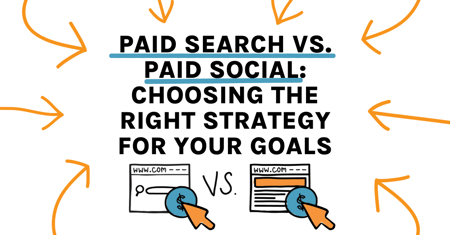
If you’re diving into the world of online advertising, you’ve probably come across two big players: paid search and paid social. But which one is right for you? It can feel a bit like choosing between cake and pie—both have their perks, but the best choice often depends on your personal taste and goals (for me, it’s pie every time).
Below, we explore the ins and outs of paid search and paid social advertising. We’ll break down what each strategy offers, how they differ, and when to use them based on your needs. Whether you’re looking to boost brand awareness, generate leads, or drive sales, understanding these two approaches will help you maximize your marketing efforts.
So, grab that coffee or tea, and let’s see which one is right for you!
Understanding Paid Search
Let’s kick things off with paid search. If you’ve ever typed a question into Google and noticed those ads at the top of the search results, you’ve encountered paid search advertising.
At its core, paid search allows businesses to bid on specific keywords related to their offers. When someone searches for those keywords, your ad can appear at the top of the search engine results page (SERP). Think of it as a digital auction: the more relevant your ad and the higher your bid, the better your chances of securing that top spot.
of it as a digital auction: the more relevant your ad and the higher your bid, the better your chances of securing that top spot.
One of the biggest benefits of paid search is its ability to target users who are actively looking for what you offer. This means you’re reaching users ready to engage with your brand. Plus, you get immediate visibility—unlike organic search, which takes time to build momentum, paid search puts you front and center from day one.
Now, let’s talk platforms. The most popular one (and our personal favorite) is Google Ads. With its huge reach, you can target a global audience or focus on local customers through geo-targeting. Other notable platforms include Bing Ads, which are good for niche markets.
In short, paid search is a powerful tool for driving conversions, connecting you with potential customers right when they’re searching for solutions. If you want quick results and to tap into user intent, paid search is definitely worth considering.
Understanding Paid Social
Now that we’ve covered paid search, let’s turn our attention to paid social—another powerful tool in digital marketing. So, what is paid social? It involves running ads on social media platforms to reach your target audience where they spend a lot of their time.
You create engaging ads tailored to specific audiences based on demographics, interests, and behaviors. For instance, a fitness brand can target users who follow health-related pages. The advantage of paid social is its ability to connect with users likely to resonate with your message, even if they aren’t actively searching for your product.
social is its ability to connect with users likely to resonate with your message, even if they aren’t actively searching for your product.
One standout benefit of paid social is its potential for high engagement. With eye-catching formats like images, videos, and carousels, your ads can captivate users and encourage interaction.
There are a handful of platforms to choose from here. Facebook and Instagram are major players with extensive targeting options, while LinkedIn is great for B2B marketing. Twitter and TikTok cater to different demographics entirely, so selecting the right platform is crucial.
Paid social connects you with your audience in a personal way, making it ideal for building brand awareness, driving traffic, and creating a community. If you’re looking to get creative and boost engagement, paid social could be the way to go.
Choosing the Right Strategy for Your Brand
When it comes to digital marketing, your goals should always guide your strategy. Whether you’re looking to boost brand awareness, generate leads, drive sales, or foster engagement, understanding which approach—paid search or paid social—aligns best with your objectives is vital. Let’s break it down by goal!
leads, drive sales, or foster engagement, understanding which approach—paid search or paid social—aligns best with your objectives is vital. Let’s break it down by goal!
Brand Awareness
If your main goal is to get your brand in front of as many eyes as possible, paid social is your best bet. Platforms like Facebook and Instagram excel at showcasing visually appealing ads that can capture attention and create buzz around your brand. Plus, with advanced targeting options, you can reach new audiences who might not be familiar with your business. Think of it as a way to get the word out and make your brand a household name!
Lead Generation
For businesses focused on generating leads, paid search often takes the lead (pun intended—sorry). Since paid search targets users actively searching for specific products or services, you’re more likely to reach individuals ready to engage. Ads that offer valuable resources, like eBooks or webinars, can effectively drive users to landing pages where they can submit their info. This strategy is all about capturing interest at the right moment.
Sales and Conversions
When it comes to driving sales, both paid search and paid social can be effective, but they serve different purposes. If you have an e-commerce store and want to reach users who are ready to buy, paid search can deliver immediate results. On the other hand, paid social can be great for retargeting users who have shown interest but haven’t completed a purchase. Combining both strategies—using search for initial conversions and social for nurturing leads—can create a powerful sales funnel.
Engagement and Community Building
If you’re aiming to foster a community around your brand, paid social is the way to go. Social platforms are designed for interaction, allowing you to engage with your audience through comments, shares, and likes. By creating eye-catching, interactive ads, you can encourage users to connect with your brand on a deeper level. Building a loyal community takes time, but with paid social, you can speed up the process by reaching users who are passionate about your niche.
The main thing to note here? Whether you choose paid search, paid social, or a combination of both, being clear about your objectives will help you make the best decisions!
Combining Paid Search and Paid Social
Instead of choosing between the two, why not have cake and pie? Integrating paid search and paid social can elevate your marketing efforts and drive better results.
efforts and drive better results.
The Benefits of a Combined Approach
Using both channels allows you to cover more ground. Paid search targets users actively searching for your products, while paid social reaches potential customers who may not be looking yet but are likely interested. This combination keeps your brand top-of-mind, especially when retargeting users who engage with your social ads but don’t convert right away.
Creating a Cohesive Strategy
Start by defining clear goals—whether it’s brand awareness, lead generation, or sales. Ensure your messaging is consistent across both platforms with similar visuals and calls to action, so you can build trust and recognition.
Then share insights from both channels to optimize your campaigns. For example, if certain keywords perform well in search, use that knowledge to create relevant social ads. Finally, don’t forget to monitor performance and be ready to adjust your strategy based on what resonates with your audience.
Your Paid Strategy
Remember, there’s no one-size-fits-all solution in digital marketing. The key is to experiment, analyze your results, and adapt your strategies as you learn what your audience likes to see.
So, what are you waiting for? We’re ready when you are! Shoot us a message today so we can help you take advantage of both approaches.
Want monthly digital marketing news and tips? Subscribe to our newsletter!

Curtiss Gulash
When Curtiss is not being a Brewmeister, brewing amazing craft beers at Big Cat Brewing Company, in Cedar, Michigan, he is BFO’s Paid Media Team Lead with a specialty in marketing automotive brands. Curtiss is known for his super-human energy and loves taking a project from start to completion. He understands the world of digital media through and through and manages to juggle multiple curveballs, be a terrific team player, and a super coach to his staff.
CATEGORIES
SUBSCRIBE TO OUR BLOG
Stay up to date with the latest industry best practices in digital marketing!




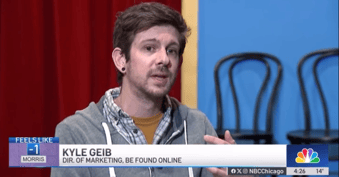



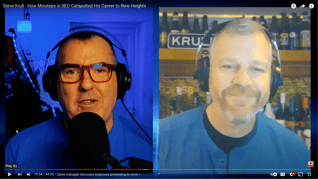

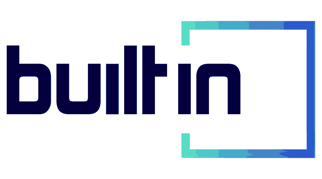

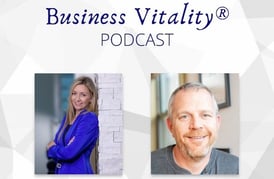
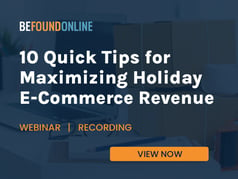
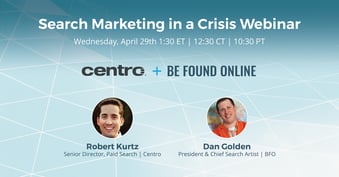
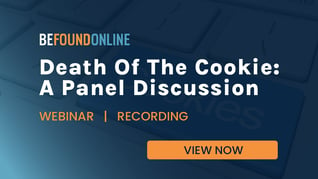
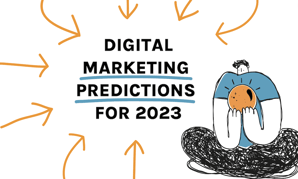
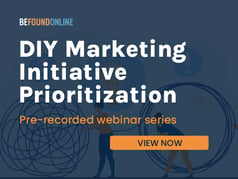
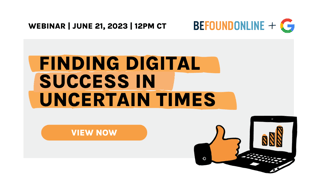
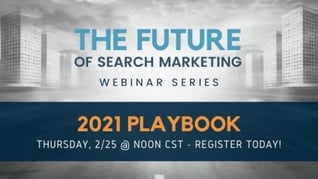
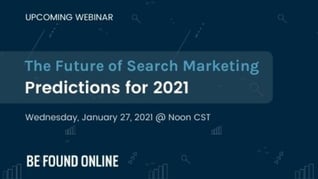

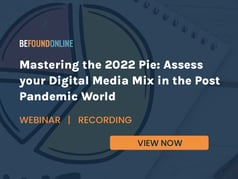
.png?width=339&height=179&name=Webinar%20Banner%20(1).png)
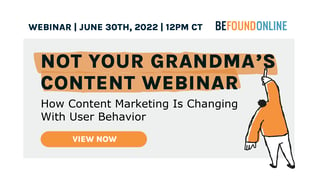
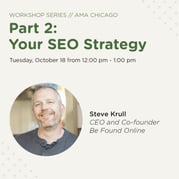
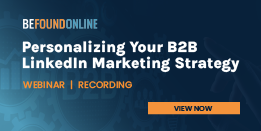
.png?width=339&height=179&name=July%20Webinar%20(Newsletter).png)
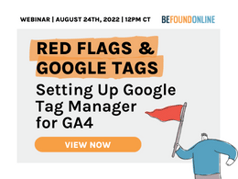
.png?width=339&height=179&name=Webinar%20Banner-April-02%20(1).png)
%20(4).png?width=339&height=179&name=Webinar%20Banner-May-02%20(1)%20(4).png)
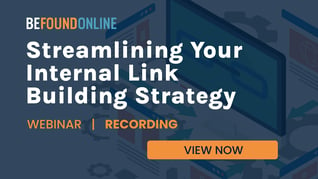
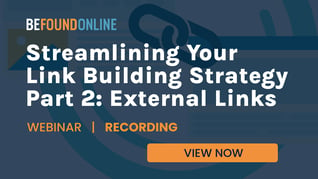
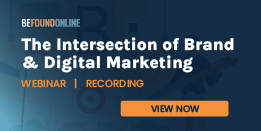
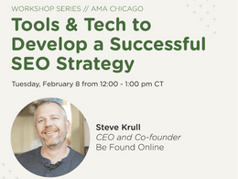
.png?width=339&height=179&name=March%202023%20Webinar%20Ad%20(autoresponder).png)
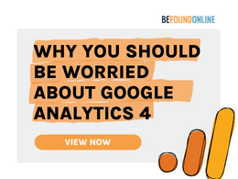
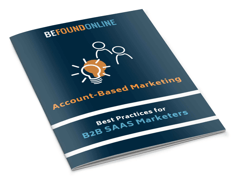
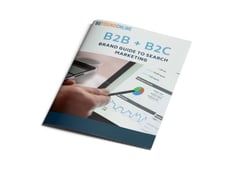

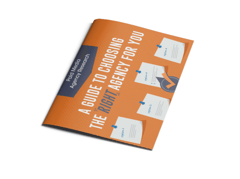
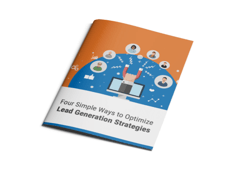
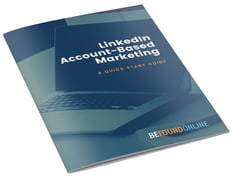
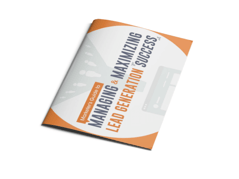

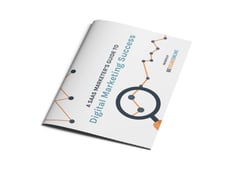
.png?width=339&height=179&name=2025%20Paid%20Media%20(1200%20x%20628%20px).png)


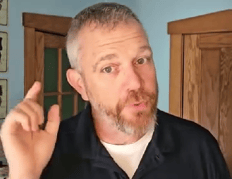
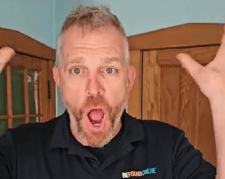







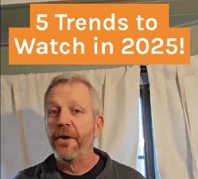
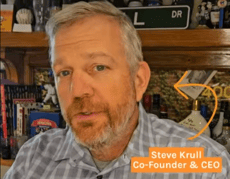

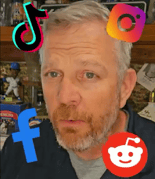

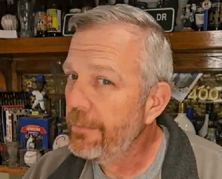


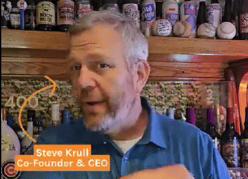
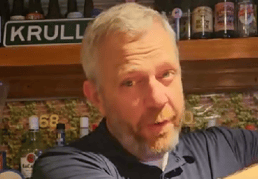
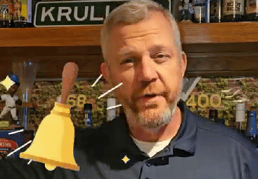


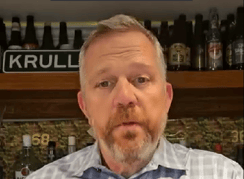



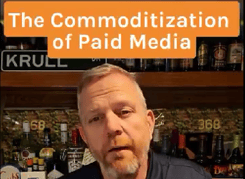
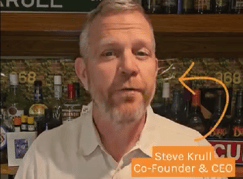
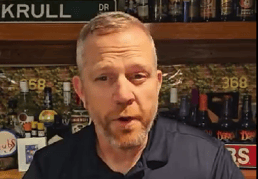
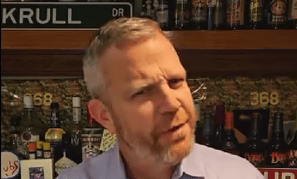




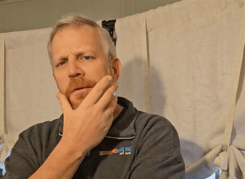
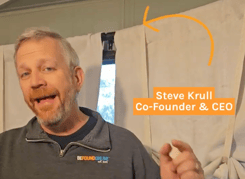
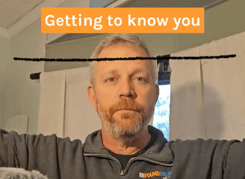

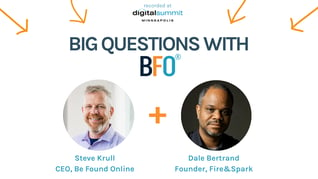
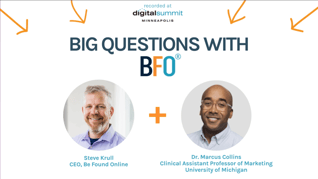
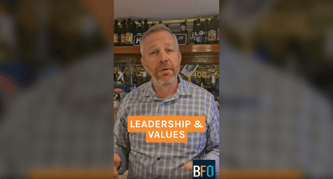
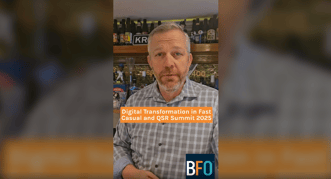
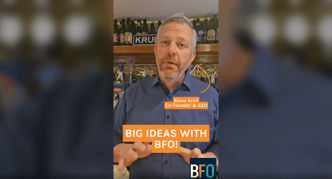
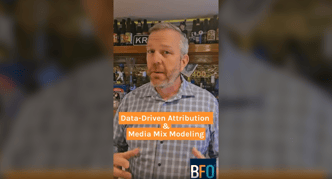


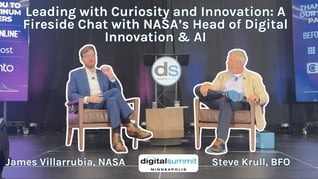




.png?width=339&height=179&name=2026%20Paid%20Media%20Ad%20Specs%20(Twitter%20Post).png)

